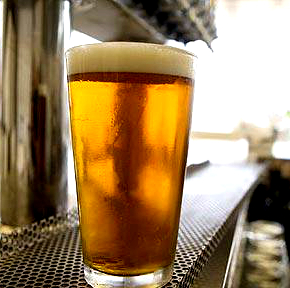Gene test for liver issue
 A genetic risk test has been developed to predict alcohol-related cirrhosis of the liver.
A genetic risk test has been developed to predict alcohol-related cirrhosis of the liver.
The world first genetic risk score (GRS) test can identify patients at high-risk of developing alcohol-related cirrhosis, which is responsible for approximately 300,000 deaths each year world-wide.
The test was developed by examining samples from patients with and without alcohol-related cirrhosis, but all with a history of heavy alcohol consumption.
Researchers have found that a high GRS from the test of excessive alcohol consumers means a three-fold increase in cirrhosis risk. The presence of diabetes together with a high GRS increased the cirrhosis risk among drinkers more than 10-fold.
About 10 to 15 per cent of high-risk drinkers end up developing alcohol-induced cirrhosis. However, there has been no way to identify those at-risk individuals.
“Our GRS test lets us identify at-risk individuals at an early stage enabling the application of focused interventions. Evidence suggests that even just informing excessive drinkers that they have an increased cirrhosis risk may motivate them to reduce their alcohol intake, helping prevent serious disease,” says Clinical Associate Professor Devanshi Seth from the Centenary Institute.








 Print
Print